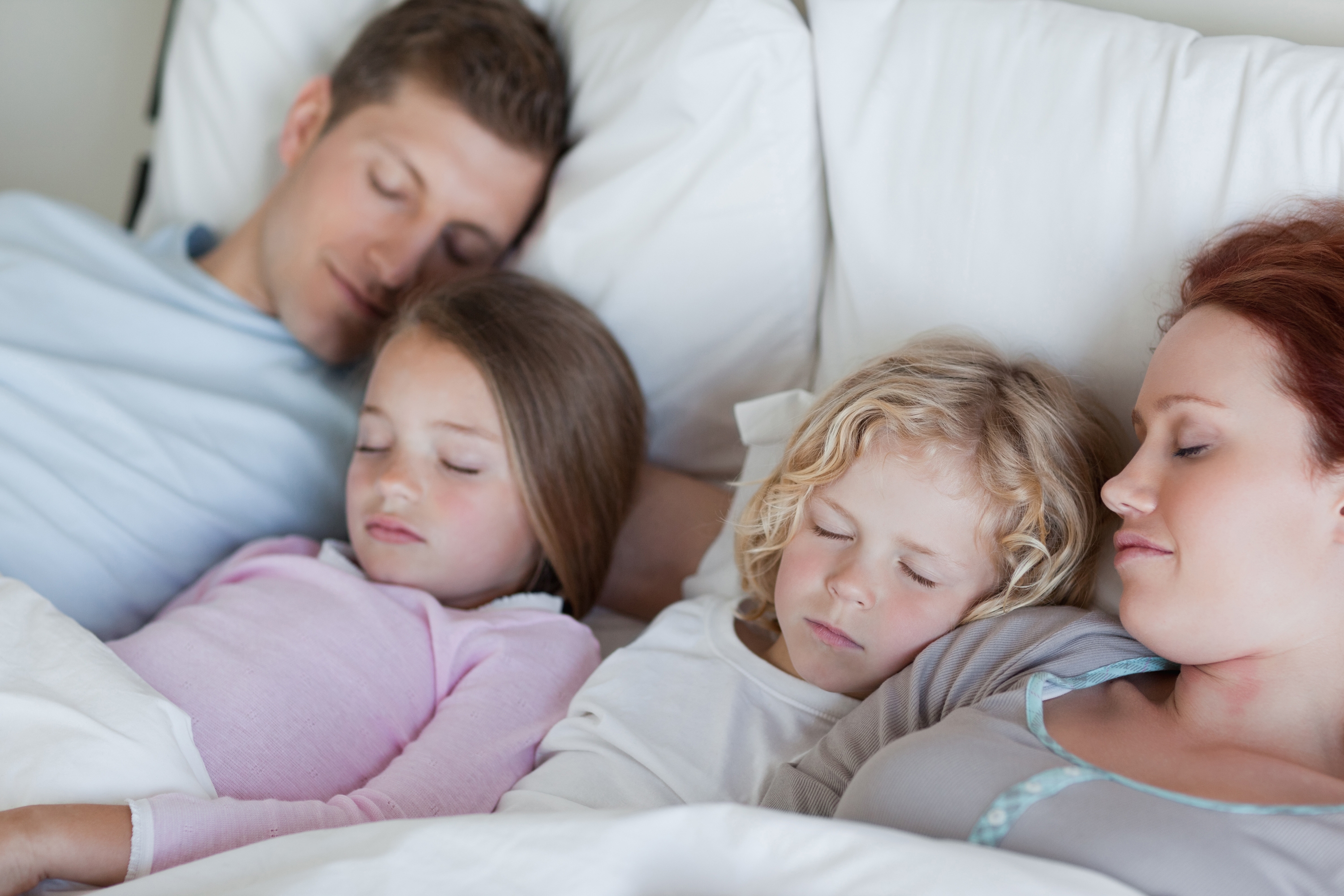How to get a good night's sleep
Published
For all of us struggling to sleep during the Coronavirus fallout, The Sleep Council has some sound advice.

‘This is an incredibly worrying time for many,’ says Sleep Council Lead Advisor Lisa Artis. ‘Whether it's being asked to work from home, having to take unpaid leave, closing a business for the duration of the crisis – and possibly home schooling children at the same time – it's extremely stressful
‘A good night's rest has a significant impact on our mood and mental wellbeing, so it's really important to be sleeping well,’ she adds. ‘While that won't stop the virus, our immune systems become suppressed when we are sleep-deprived. And we all need to feel at the top of our game to deal with the added pressures we are facing right now.’
Check out Lisa's sleep lowdown on the lockdown:
STAY ACTIVE
Take the permitted exercise every day and go for a walk/run/cycle and so on. In isolation, home exercise - workout videos on YouTube, gardening and even housework - can really help you to sleep.
AVOID ANXIETY
Not surprisingly, we're all feeling anxious! This causes thoughts to race through your mind, muscles to tense and the heart to beat faster. All this make it more difficult to fall asleep and stay asleep, and you’ll often find yourself waking up too early. Yoga, deep breathing, a walk outside or talking on the phone/video-calling friends and family can all help.
KEEP A ROUTINE
If you are working from home, try not to use the bedroom as your office as it blurs the boundaries between work and rest. Keep a normal routine, getting up at the same time, having regular lunch breaks and so on. A structure to the day particularly benefits children at home during the school shutdown.
SEEK NATURAL LIGHT
Working from home, social distancing or even self-isolating may make it a struggle to enjoy being out in the natural light – which can negatively affect your mental and physical wellbeing. Try to go out for a daily walk, spend some time in the garden and open windows for fresh air. If you're working from home, try to position your work area near to a window. Natural light – even on a cloudy day – helps to reset our internal body clock and make us more alert.
AVOID A NIGHTTIME TIPPLE
Tempted to take an evening tipple? While it may initially help you fall asleep more quickly, you don't get the same quality of sleep after drinking alcohol and may feel unrefreshed the next day.
KEEP THE BEDROOM A SANCTUARY
The bedroom environment plays an important part in achieving a good night's sleep. Make sure you sleep on a comfortable, supportive bed and keep the room cool, quiet and dark. Keep computers and clutter out of the bedroom – this is a room where you should feel calm and clear-headed.
STAY AWAY FROM DEVICES
It's well known that we should stop using electronics an hour before bedtime because of the blue light emitted. However, it's also important not to use them in bed, as this can keep us awake and alert. Watching the news or social media feeds can prove quite distressing, so avoid doing so in the run up to bedtime.
AND BREATHE…
Before you fall asleep, practice relaxation techniques and deep breathing exercises. Some people may prefer to use guided meditation, mindfulness or white noise to feel calm, while others would rather read or listen to soothing music. Do what makes you feel good.
Visit www.sleepcouncil.org.uk







